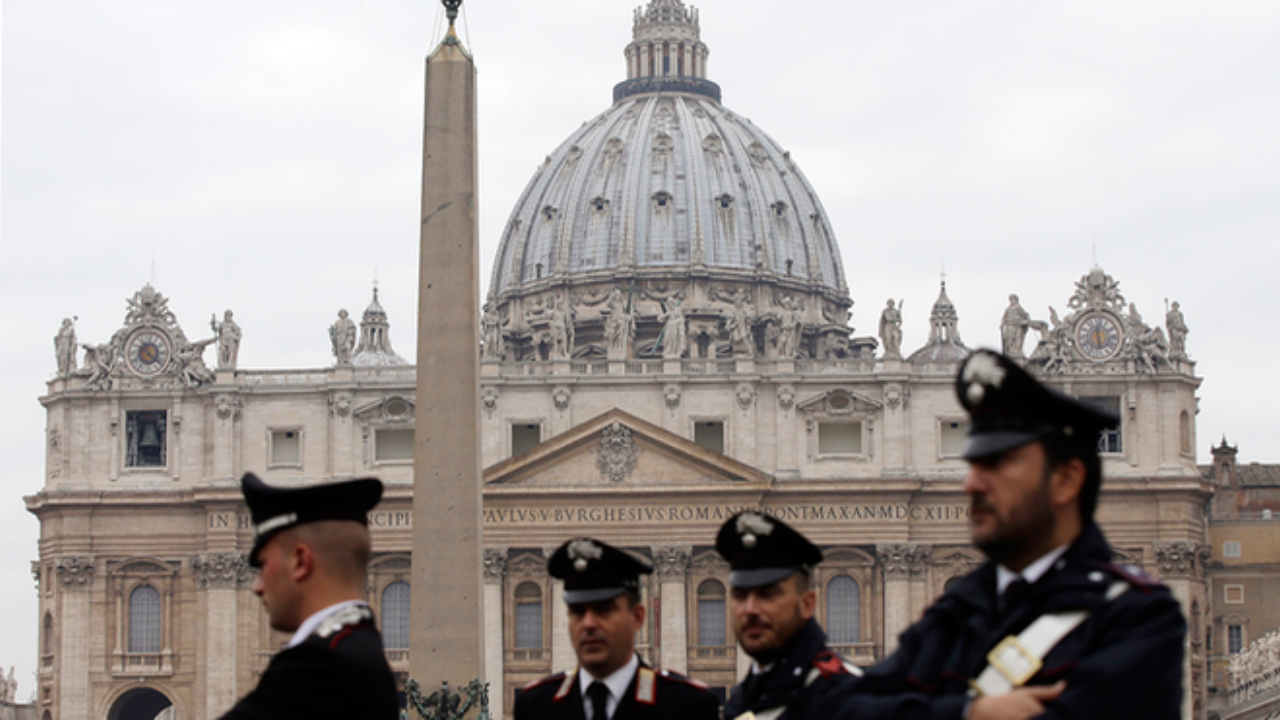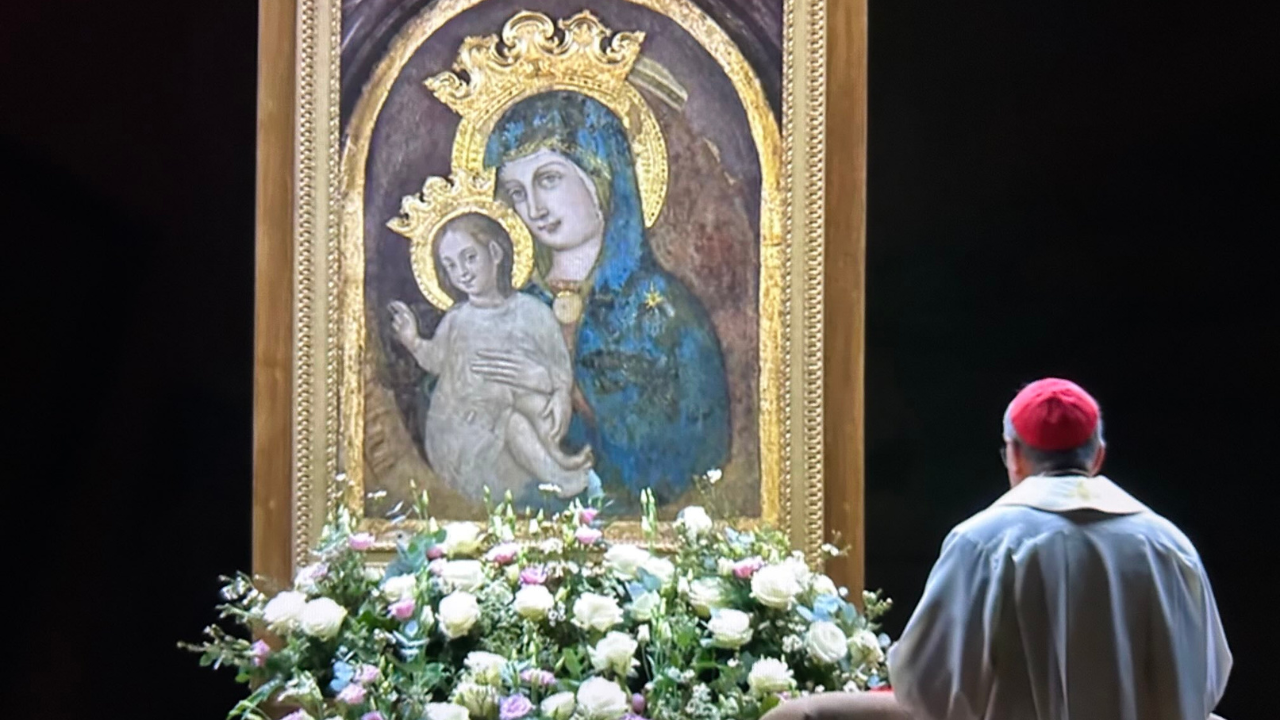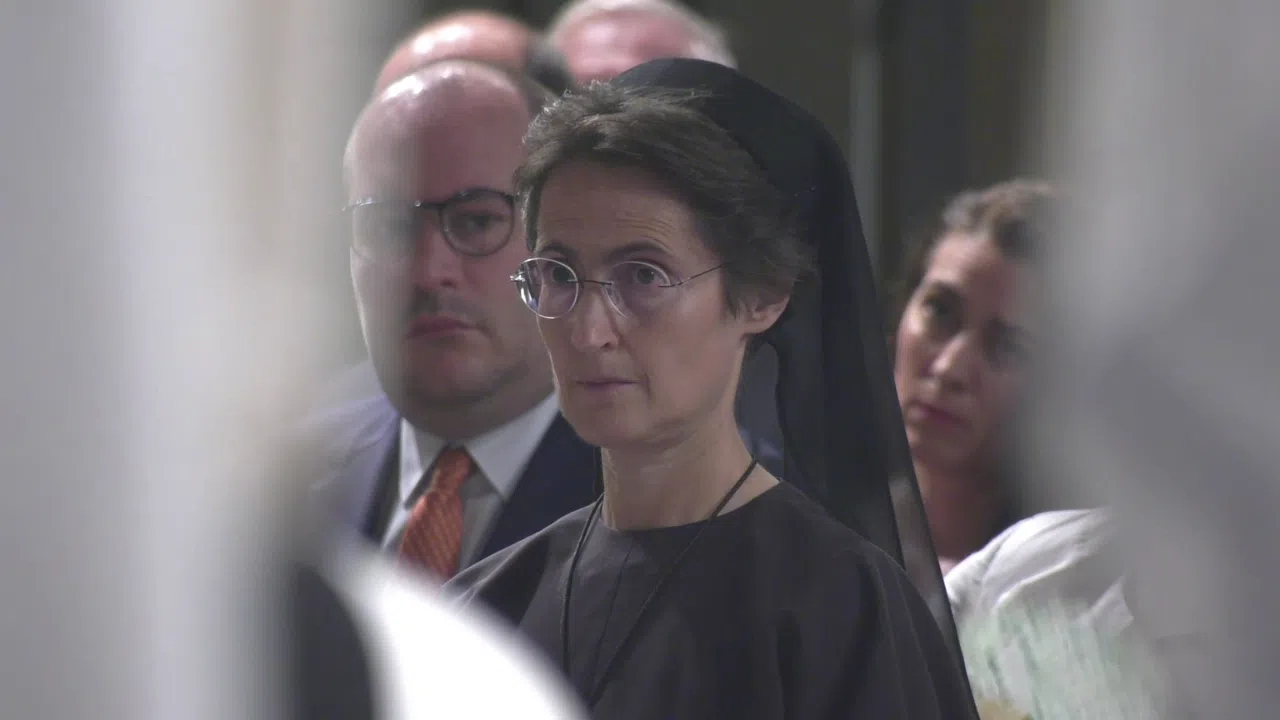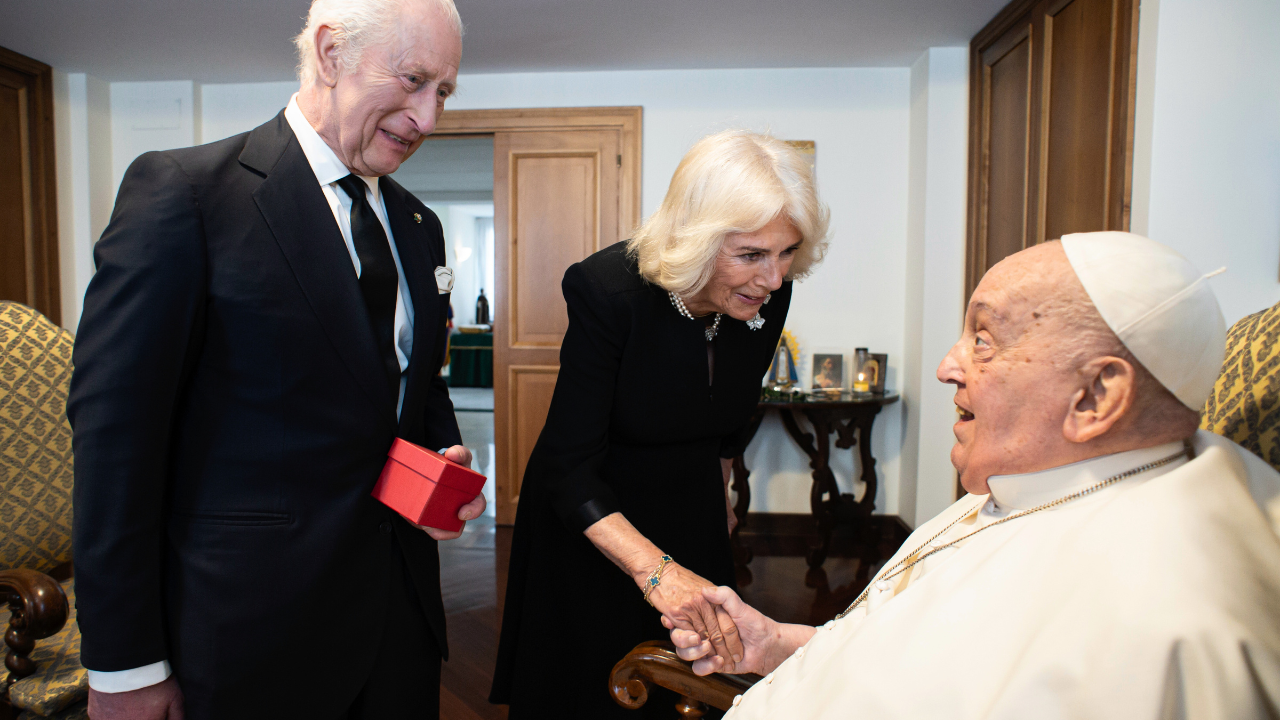In Pakistan, the introduction of the Blasphemy Law in the late 1980s has promoted unleashing chaos. Simply accusing a person of having disrespected Muhammad or the Quran put his or her life at risk.
Joseph Coutts, archbishop of Karachi, explains that this tool is a scourge for all, not only for religious minorities. He remembers the case of Mashal Khan: a 24-year-old Muslim Communication student. In April 2017, dozens of people took him out of his dorm room, stripped him naked, beat him, shot him and threw him from a second floor.
MSGR. JOSEPH COUTTS
Archbishop of Karachi (Pakistan)
'This was a shock to everyone. His father said: 'I do not believe that my son spoke against the Prophet Muhammad. He could not have done something like that, he was a good Muslim.' In fact, he asked the government and the police to start a serious investigation.'
The investigation paid off and the Pakistani court in charge of the case made an energetic decision: it sentenced 31 people, five of them to lifelong imprisonment and one to death.
Coutts explains that in cases like this one, like with Asia Bibi and many others, show that the blasphemy law has become a scourge of society.
MSGR. JOSEPH COUTTS
Archbishop of Karachi (Pakistan)
'The problem with the blasphemy law is that it can easily be misused and this is what is happening. If someone is accused of blasphemy or of disrespecting the Quran, it is very easy to get him or her in trouble. Religion is a very delicate issue for us, everyone becomes inflated when speaking about the subject.'
The archbishop of Karachi says that although Christians are an easy target in Pakistan, their example does not go unnoticed. The clearest case was that of the German religious, Ruth Pfau. The religious devoted almost 50 years of her life to taking care of the country's lepers. She died in 2017 at 87 years old and was called the 'Mother Teresa of Pakistan.'
MSGR. JOSEPH COUTTS
Archbishop of Karachi (Pakistan)
'The Pakistan government gave her a state funeral. I can say this with pride and I am sure that my Muslim friends will accept what the Church is doing despite having a limited capacity.'
The blasphemy law has proved to be an easy out for resolving personal issues. The rise of fanaticism can complicate matters for Christian minorities, who are not even four percent of the 200 million inhabitants.
The pope knows the situation in Pakistan firsthand. At the end of February, he met with Asia Bibi's relatives and in mid-March with the bishops of the country.























